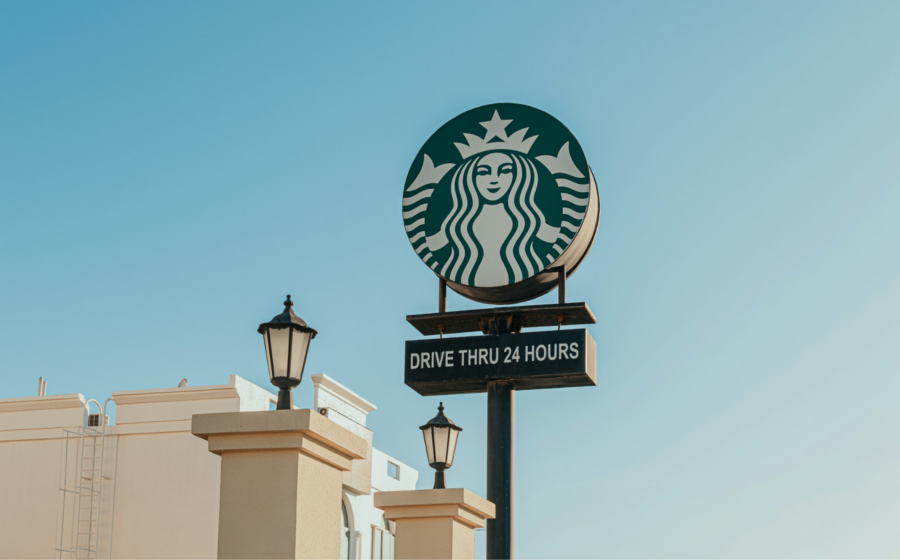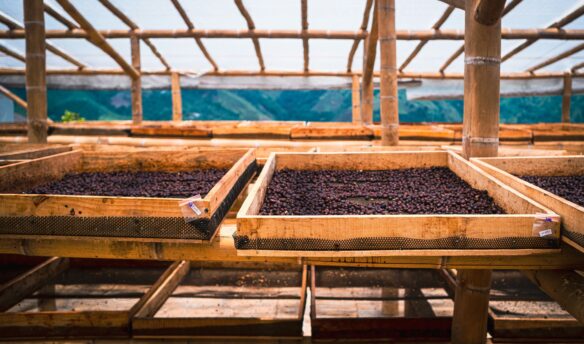Another year, another batch of news stories about corporations promoting their environmental credentials with questionable outcomes.
We saw dozens of press releases and media blitzes about corporations and new sustainability initiatives, many centered on reducing plastic use. In January, Delta Air Lines said it would switch to paper cups for its on-board coffee in a bid to eliminate millions of pounds of single-use plastic, a good effort but perhaps an inconsequential one for a global airline with a massive carbon footprint.
Starbucks also announced that it wanted to cut down on plastic use and would allow drive-thru and mobile-ordering customers to bring in reusable cups. Meanwhile, Keurig Dr Pepper was fined—again—for making misleading statements about the recyclability of its plastic coffee pods.
In March, the German coffee giant Tchibo announced a partnership with the sustainability auditor Enveritas to ensure 100% of its coffee is sourced “responsibly” by 2027. It wasn’t clear what the company, which made $3.25 billion in 2021, meant by the word “responsibly.”
Along with cutting back on plastics, Starbucks made a whole host of climate goals, including cutting greenhouse gas emissions in half by 2030. And yet, the company’s new CEO Brian Niccol made headlines after it was discovered he will commute 1,000 miles by corporate jet for his job, from his home in Newport Beach, California to Starbucks’ headquarters in Seattle. At the same time, Starbucks ended its remote-working policy, mandating that corporate workers return to the office and threatening those who objected with possible termination.
Both Starbucks and Nestlé faced allegations of labor violations. In December, an undercover investigation in China found instances of child labor and other labor violations at farms within both companies’ supply chains.
To read more stories like this in 2025 and beyond, sign up for our weekly news roundup, Coffee News Club.
















